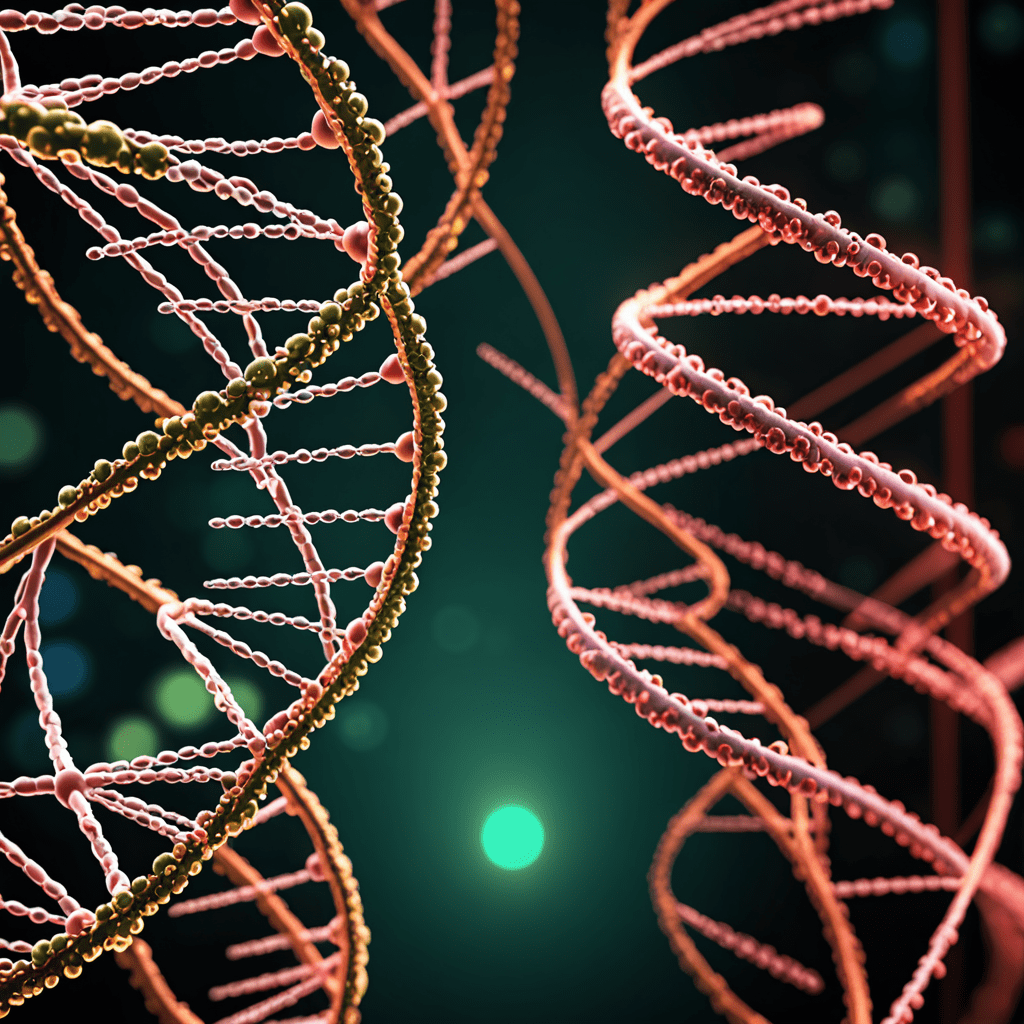Biotechnology and Cancer Immunotherapy: Targeted Treatments
The Role of Biotechnology in Cancer Immunotherapy
Biotechnology plays a crucial role in advancing cancer immunotherapy, a cutting-edge treatment that harnesses the power of the immune system to target and destroy cancer cells. By utilizing biotechnological tools and techniques, researchers can develop more targeted and personalized treatments for cancer patients.
Understanding Cancer Immunotherapy
Cancer immunotherapy is a type of treatment that helps the immune system recognize and attack cancer cells. Unlike traditional treatments like chemotherapy, which can harm healthy cells along with cancerous ones, immunotherapy is designed to specifically target cancer cells while minimizing damage to normal tissues.
Types of Targeted Treatments in Cancer Immunotherapy
There are several types of targeted treatments in cancer immunotherapy, including immune checkpoint inhibitors, CAR-T cell therapy, and cancer vaccines. These treatments work by either enhancing the immune system’s ability to recognize cancer cells or by directly targeting and killing cancer cells.
Immune Checkpoint Inhibitors
Immune checkpoint inhibitors are drugs that help the immune system recognize and attack cancer cells more effectively. By blocking proteins that inhibit immune responses, these inhibitors can unleash the immune system’s full potential to target and destroy cancer cells.
CAR-T Cell Therapy
CAR-T cell therapy is a personalized treatment that involves modifying a patient’s own immune cells to better target and kill cancer cells. This innovative approach uses biotechnology to engineer chimeric antigen receptor (CAR) T cells that can specifically recognize and attack cancer cells in the body.
Cancer Vaccines
Cancer vaccines are designed to stimulate the immune system to recognize and attack cancer cells. These vaccines can either prevent certain types of cancer or treat existing cancers by training the immune system to target specific antigens found on cancer cells.
The Future of Targeted Treatments in Cancer Immunotherapy
As biotechnology continues to advance, the future of targeted treatments in cancer immunotherapy looks promising. Researchers are exploring new ways to leverage biotechnological tools to develop even more precise and effective therapies that can help improve outcomes for cancer patients. By combining the power of biotechnology with the insights gained from immunotherapy research, the field holds great potential for revolutionizing cancer treatment in the years to come.
Biotechnology and Cancer Immunotherapy: Targeted Treatments FAQ
What is biotechnology in relation to cancer immunotherapy?
Biotechnology refers to utilizing biological systems and organisms to develop new products and treatments, like cancer immunotherapies. In the context of cancer immunotherapy, biotechnology allows for the creation of targeted treatments that harness the body’s immune system to fight cancer cells effectively.
How do targeted treatments differ from traditional cancer treatments?
Targeted treatments in cancer immunotherapy specifically focus on recognizing and attacking cancer cells while sparing healthy cells, unlike traditional treatments like chemotherapy that can affect both cancerous and healthy cells. This precision minimizes side effects and enhances treatment effectiveness.
Which biotechnological approaches are commonly used in cancer immunotherapy?
Common biotechnological approaches in cancer immunotherapy include monoclonal antibodies, adoptive cell therapy, cancer vaccines, and cytokine therapy. These methods leverage biotechnology to enhance the immune system’s ability to identify and destroy cancer cells selectively.
Are targeted treatments through biotechnology suitable for all types of cancer?
Targeted treatments through biotechnology may vary in effectiveness based on the type of cancer and individual patient factors. While these treatments have shown promising results for certain types of cancer, their efficacy can depend on factors such as the tumor’s molecular characteristics and the patient’s overall health.


